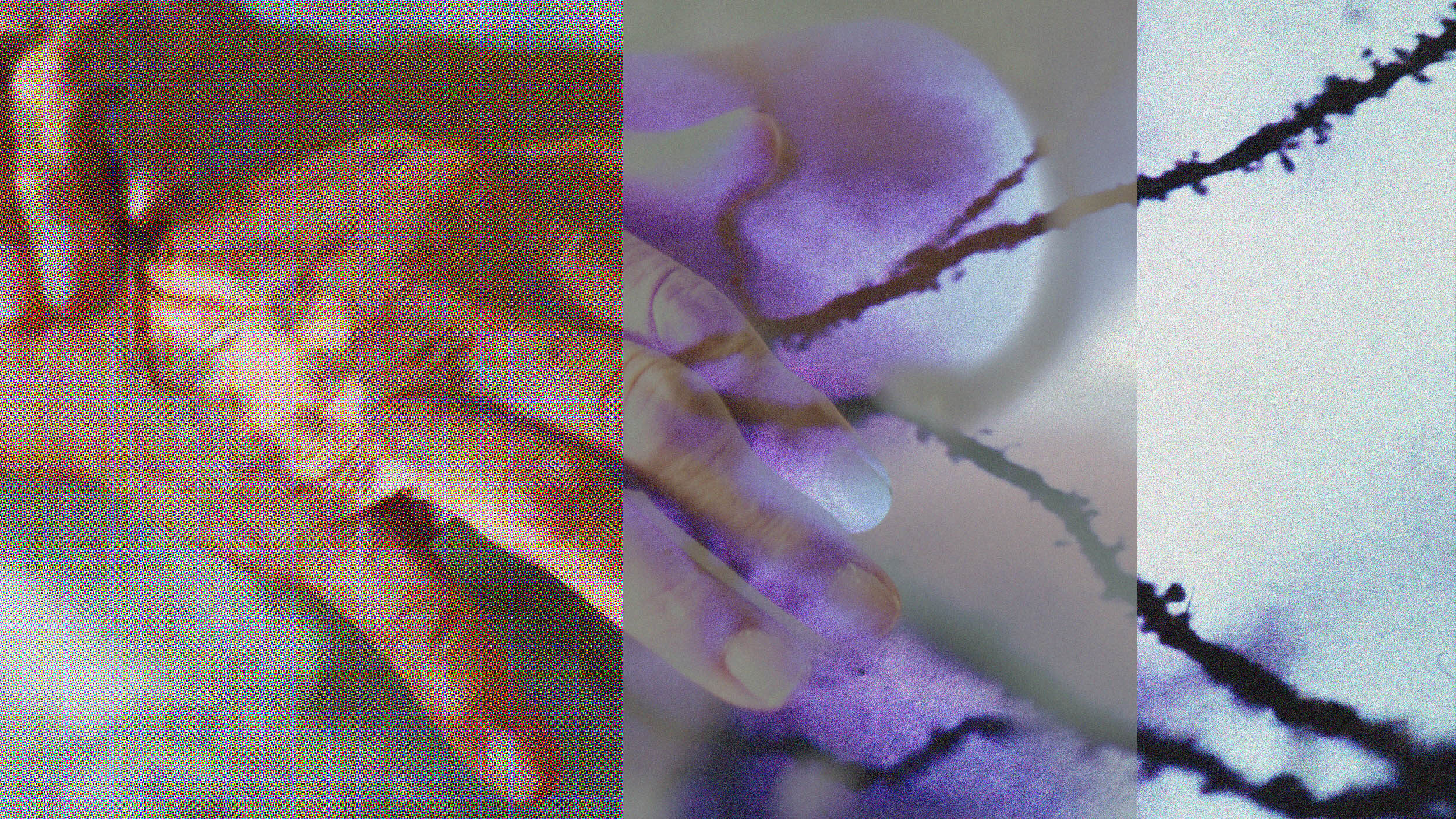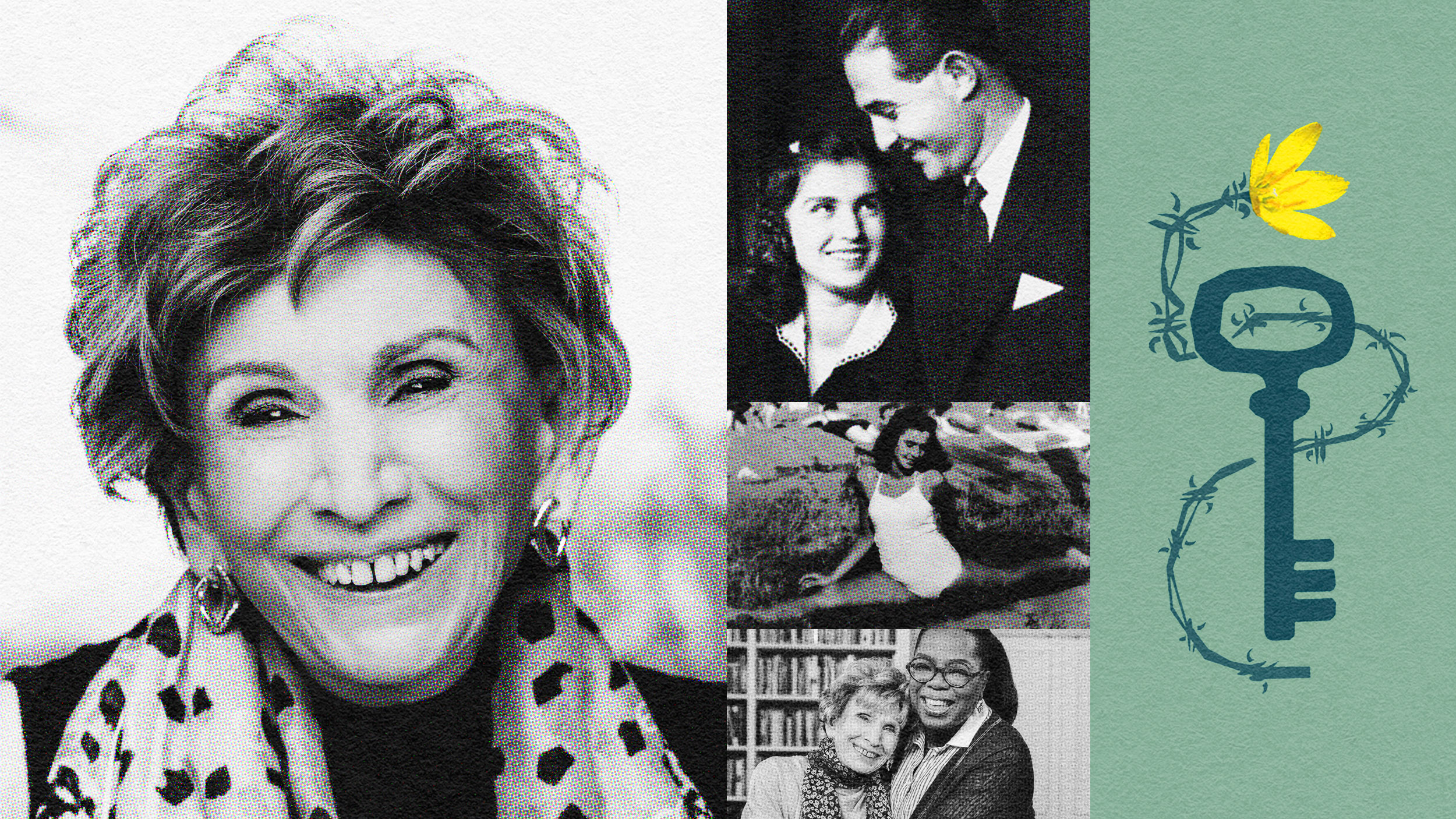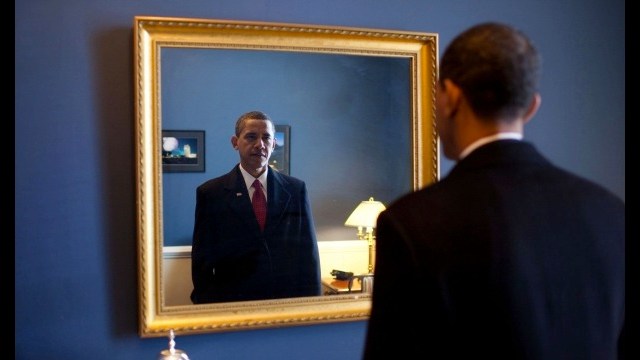Getting Past the Past: Healing the Suffering Heroes of War

Editor’s Note: This is a guest post from Dr. Francine Shapiro, a senior research fellow at the Mental Research Institute in Palo Alto, California, director of the EMDR Institute, and founder of the non-profit EMDR-Humanitarian Assistance Programs. Shapiro was a recipient of the International Sigmund Freud Award for Psychotherapy, the American Psychological Association Trauma Psychology Division Award for Outstanding Contributions to Practice in Trauma Psychology, and the Distinguished Scientific Achievement in Psychology Award, from the California Psychological Association.
What’s the Big Idea?
As we enter into the second decade of war, we are occasionally reminded about the pain of the returning soldiers. Most often this happens when a sensational news story breaks, as with the recent incident in which a combat veteran in southern California was charged with the serial homicide of five homeless people. But during the past ten years, if we saw headlines involving the war, the stories generally mentioned “the troops.” Unfortunately, for most people, this generic term failed to remind us that individual men and women were in battle on the other side of the world, far from their families, daily confronting issues of life and death. It also failed to remind us that many of these people had entered the National Guard expecting to serve their country at home, but instead were thrust into a hellish situation with no way out.
As a psychologist for the last 20 years, the first combat veterans I treated were those of the Vietnam War. When I walked into my local Veterans Outreach Center, I was startled to see how much suffering still existed. Although the war had ended twenty years earlier, these men were still haunted by their experiences. It was then that I learned about the depth of their suffering. The memories they often talked about, ones that still awoke them screaming from nightmares, involved the people who had died. One veteran spoke of the guilt he felt because, after going to war at the age of 19 to serve his country and help his fellow soldiers, he discovered that to do that he had to take lives. He cried as he recounted his fear that the artillery he had called in to save his battalion might have killed children in a nearby village. Others spoke of being powerless as they watched a friend die. They felt anger, fear, powerlessness and above all guilt.
This was back in 1988 and posttraumatic stress disorder (PTSD) had only been classified as a diagnosis eight years before. Further, there was no research to support any of the existing treatments. Now, there are three therapies that have been tested with combat veterans and recognized as effective trauma treatments by organizations like the Department of Defense. I feel blessed to have developed one of them, called EMDR (eye movement desensitization and reprocessing) therapy. Two-dozen studies have reported its positive effects. And another dozen studies over the past decade have demonstrated that the eye movement component causes an immediate decrease in negative emotions and imagery vividness that can make it easier for clients than other forms of trauma treatments. Thousands of clinicians are now using this therapy worldwide.
Personally, I have now used EMDR successfully with soldiers of every war since World War II. The veteran of that war had been suffering for fifty years before we met. Memories of the men who were killed when he was forced to crash land the plane he was piloting still haunted him. The pain of these types of experiences can last for decades if they aren’t effectively treated. We need to remember that the men and women who are now returning home are in need of our care and support.
What’s the Significance?
With those suffering from PTSD, the war experiences were so disturbing that they caused the information processing of the brain to become imbalanced. These unprocessed memories are encoded in the brain with the emotions, physical sensations and beliefs that existed at the time of the event. Because of the way they are stored, they do not fade over time. Rather they remain “stuck,” capable of being “triggered” by various things that happen in the present. For instance, hearing a child cry can unconsciously remind the veteran of a war experience. When that happens, the feelings return as if the past event was happening now. EMDR therapy allows these memories to be “processed” at a comparatively rapid rate. A research study with combat veterans reported that after 12 sessions, 78% of the veterans no longer had PTSD. At the end of this article there is a list of agencies that will provide free EMDR therapy to veterans and their families.
Family members and friends of returning veterans need to realize that soldiers are trained to be stoic, and may not be willing to share their grief and pain. They may also feel so guilty about what happened during the war that they are afraid to talk about it for fear of being rejected. This leads to broken marriages and friendships as the veterans feel more and more alienated from those around them. For instance, one veteran was a medic who had been forced to kill. He described his feelings this way: I was a horrible person because of what I had done. And it was totally subconscious, I mean, there was just a feeling like I don’t deserve to be happy, I don’t deserve rewards from life. I deserve to make amends.
He and his wife were on the verge of divorce when they entered EMDR therapy. Fortunately, with EMDR, unlike other forms of trauma treatment, it is not necessary for the veteran to describe the memory in detail. Since EMDR allows the brain to “digest” the information with little therapist input, it can allow veterans who feel guilty to be treated successfully without them having to divulge any of the details. The veteran I mentioned above and his wife offered to be interviewed for my book Getting Past Your Past in order to urge other veterans to be treated. Here’s how he put it: Before, I’d say to myself, “You are a horrible person. You should be ashamed of what you’ve done and you need to make up for it.” Now it’s, “I was put in a horrible situation, very unfortunate, but I did what I was instructed to do, which is what I agreed to do in the first place. You know, it’s a life or death choice, and you accept the consequences that go with those. It’s still a horrible tragedy that he had to die, and I still feel bad about that, but I don’t think that I’m a bad person for what I did . . . Get good intervention early, the sooner, the better — so there’s not that much “baggage” that’s stacked up on top.
As I have said, soldiers are trained to be stoic. They may also avoid mental health treatment because they are afraid of appearing weak or of being overwhelmed by the pain of reliving the traumatic experiences. However, with EMDR therapy, there is no need to describe the memory in detail or to relive it. You can assure them that it will be their own brain doing the healing. Also, many come home suffering from “survivor guilt” and believing that they are not worthy of happiness. Friends and family members can help. It is important to urge veterans to get the treatment they need so they can move forward in life. We need to remind them that they did what they had to do under impossible circumstances. We need to tell them that we honor their courage and their service — and we want them to heal.
Author’s Note: There are thousand of clinicians using EMDR therapy throughout the US. You can identify a therapist in your area by searching for a clinician on www.emdr.com orwww.emdria.org. EMDR treatment is also available at some Vet Centers and VA PTSD treatment programs and mental health clinics.





